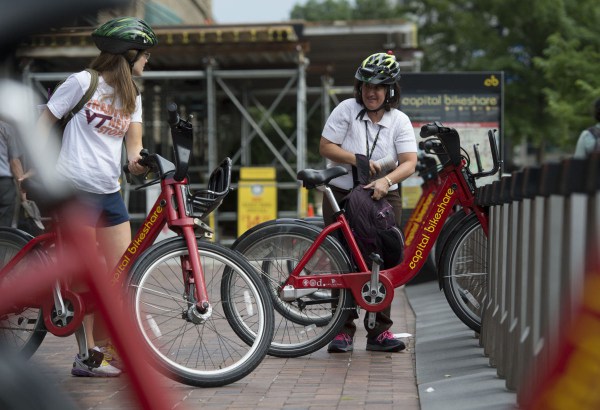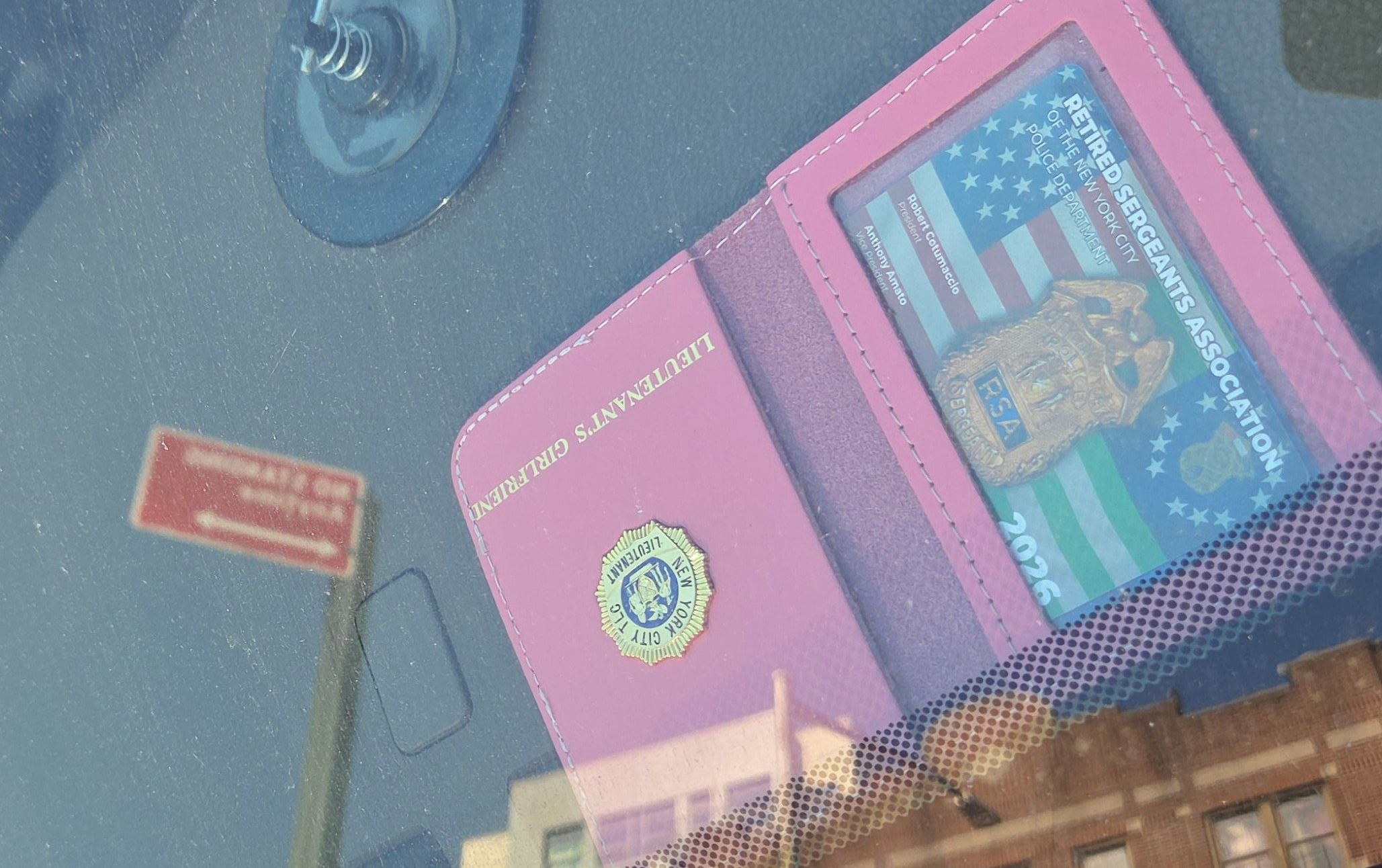A few generations ago, nearly half of American kids walked or biked to school. That number has been falling for a long time, as school districts sprawl and fewer parents feel safe letting their children get around on their own. Not only does this reduce physical activity for young people, it also carries high costs as local governments pay to transport more students longer distances.
A recent CNN story looked at the potential for bike-share and other bicycling programs to help kids get to school in cities. High school students haven’t gotten much attention as potential bike-share users, but as former Chicago and DC transportation chief Gabe Klein told CNN, that’s a mistake: “We should absolutely be giving these kids memberships or reduced-fee memberships because it lowers our costs.”
To make it happen, current rules will have to change. The Wash Cycle has a few suggestions for DC, where children under 16 are required to wear helmets while biking and prohibited from using bike-share in the system’s insurance policy:
So one thing we could do is lower the age limit to 15 or 14. We could do it only for DC residents if we’re worried about a bunch of 14 year old tourists tearing the roads up. We could also lower the required helmet age, but that wouldn’t be necessary, just easier and it would encourage more riding. I’m not sure what the science is on helmet benefits as it relates to age.
The second thing we can do is give high school kids free bikeshare memberships. We could make them free only during the times when the Kids Ride free program operates (which, admittedly is “all day, every day (including weekends)”), but it wouldn’t save us much money over just making it free all the time. It will still be cheaper then letting them ride transit for free…
We don’t have to do all of these things. We could give free CaBi memberships to kids 16 and over and not lower the CaBi age. Or we could lower the CaBi age but not change the helmet age. But the more of these things we do, the more we can give students more choices. Choices that will save them time, help them learn and make it easier for them to get to school in the first place.
The other piece, of course, is better street design for cycling. Biking programs for high school students should go hand in hand with Safe Routes to School initiatives that improve bike infrastructure.
More recommended reading today: Modern Cities reports on Transportation Secretary Elaine Chao’s is trying to increase private investment in transit projects. And City Observatory points out that the Oregon DOT’s own data doesn’t support the agency’s contention that highway widenings are needed to improve safety.






